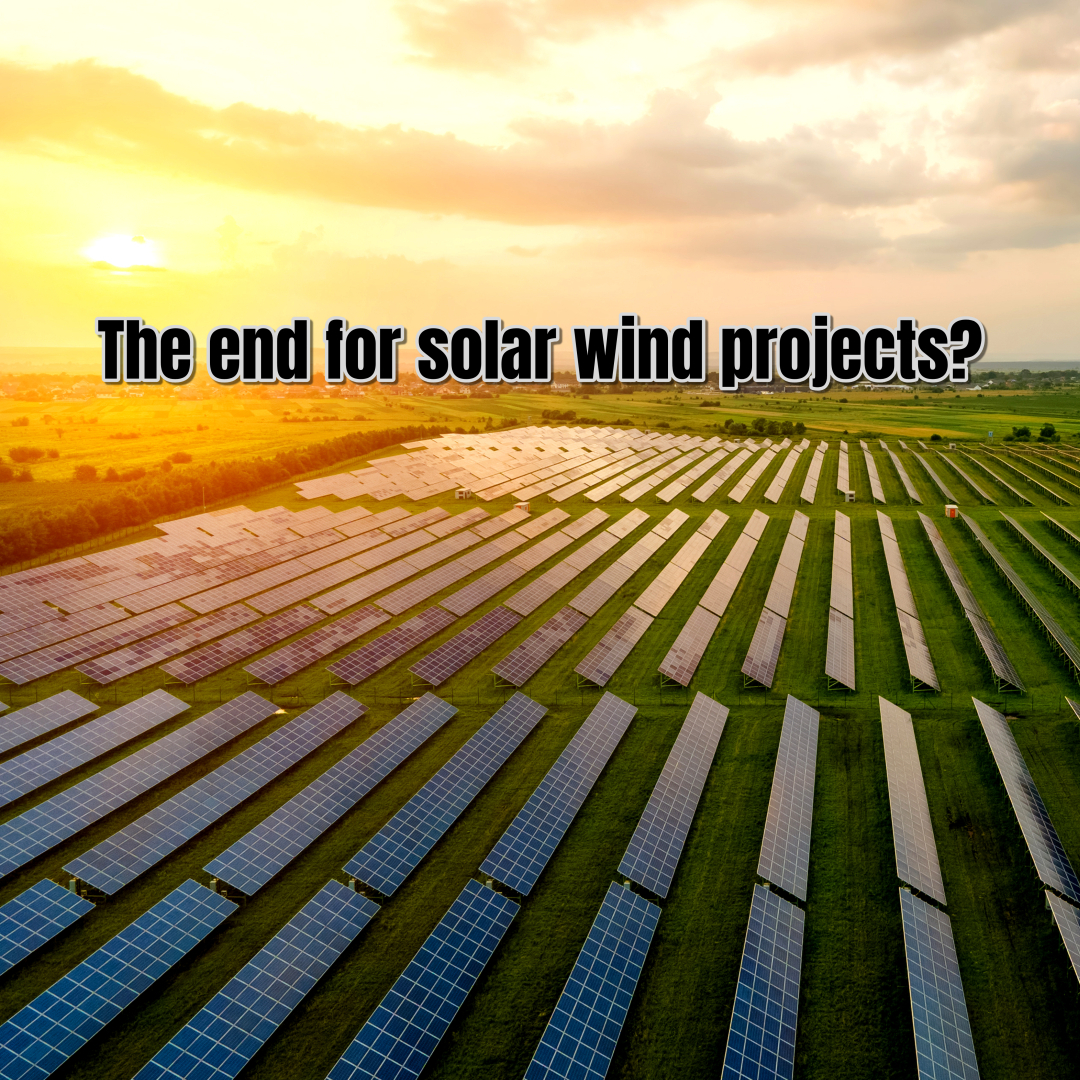In a significant policy shift, the U.S. Department of Agriculture (USDA) has announced the termination of its funding programs that supported solar and wind energy projects on farms and rural lands. These initiatives, part of the broader push toward renewable energy in agriculture, were designed to help farmers reduce energy costs and decrease reliance on fossil fuels. The decision marks a departure from previous efforts to integrate clean energy solutions into rural development.
The programs, which provided grants and low-interest loans for installing wind turbines and solar panels, had seen strong participation from small and mid-sized farms across the country. Many rural communities had come to rely on these funds not only to lower operational expenses but also to diversify income through energy production. According to former participants, the projects led to increased energy independence and made farms more resilient to fluctuating fuel prices.
USDA officials cited budget constraints and a strategic realignment of priorities as the reason for ending the programs. They indicated a shift in focus toward traditional agricultural infrastructure and food security initiatives. While the agency emphasized its continued support for rural development, critics argue that the move undermines progress in sustainable farming and clean energy adoption, especially at a time when climate concerns are at the forefront of national policy discussions.
The decision has drawn strong reactions from environmental groups, clean energy advocates, and some farm organizations. Many warn that eliminating these programs could slow the momentum of renewable energy in rural America and make it harder for small farmers to compete. As the agricultural sector faces mounting pressure to reduce carbon emissions, the end of USDA’s support for solar and wind projects raises questions about the federal government’s long-term commitment to climate-friendly farming.

